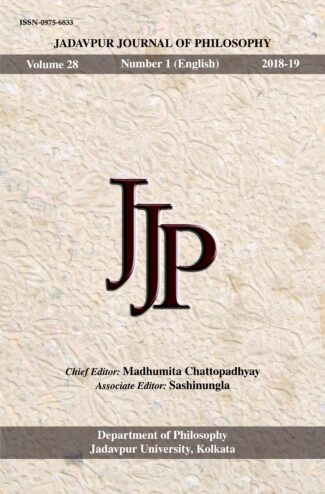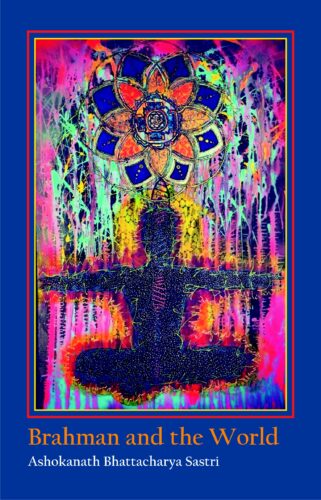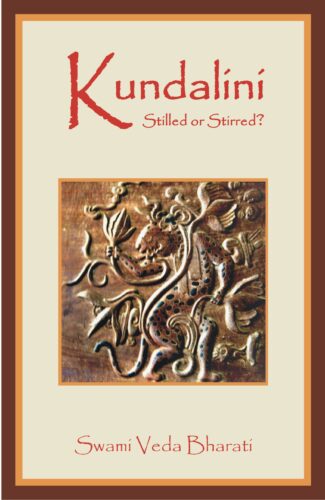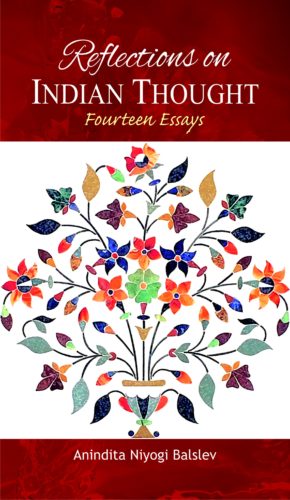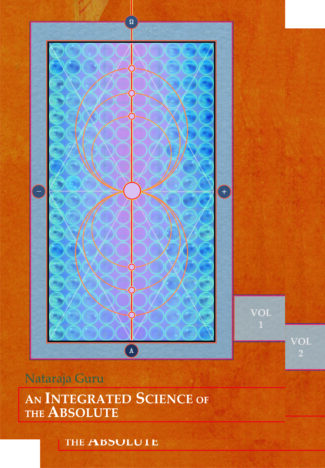

Buddhist Logic and E...
Buddhist Logic and Epistemology
Studies in the Buddhist Analysis of Inference and Language by: Bimal Krishna Matilal , Robert D. EvansThe volume contains scholarly essays that make an in-depth study of Buddhist logical theory in the background of Buddhist epistemology. Two crucial philosophical concepts: trairåpya and apoha have also been discussed, besides the contributions of the leading Buddhist scholars like Diïnàga and Dharmakãrti.
Original price was: ₹1,100.00.₹990.00Current price is: ₹990.00.
ISBN: 9788124606384
Year Of Publication: 2012
Edition: 1st
Pages : x, 342p.
Bibliographic Details : Index
Language : English
Binding : Hardcover
Publisher: D.K. Printworld Pvt. Ltd.
Size: 23
Weight: 600
The history of Buddhist logical and epistemological theories constitutes an interesting study for Buddhist religious scholars and philosophers.
This volume contains scholarly essays, presented at a seminar, that make an in-depth study of Buddhist logical theory in the background of Buddhist epistemology. Scholars from different parts of the world combine historical and philological scholarship with philosophical acumen and linguistic insight to examine the issues relating to problems of inductive logic and the problem of meaning and the universals. They also address the crucial question regarding the relevance of logical theory to Buddhism, especially to the philosophical soteriology such as Madhyamika. Using both Tibetan and Sanskrit texts to delve deep into the logical issues and philosophical questions, they focus attention on two crucial philosophical concepts: trairupya or the triple character of evidence, and apoha its meaning as exclusion. They examine the contributions of Buddhist scholars of yore in this regard, such as that of the Buddhist master Dinnaga and his general theory of inference, and in particular, his Hetucakradamaru, a study of propositions; Dharmakirti, particularly his theory of inference and definition of points of defeat; besides Shantarakshita and Ratnakirti.
The volume, offering original perspectives based on detailed study of ancient texts and their interpretations, will prove an informative source for scholars of Indology, particularly those involved in Buddhist religion and philosophy.
Preface
1. Buddhist Logic and Epistemology
Bimal Krishna Matilal
2. An Interpretation of Anyapoha in Dinnagas General Theory of Inference
Richard P. Hayes
3. Three Systems of Buddhist Logic
Hans G. Herzberger
4. Dharmakirti and His Theory of Inference
Brendan S. Gillon
5. Some Thoughts on Antarvyapti, Bahirvyapti, and Trairupya
Kamaleswar Bhattacharya
6. Dinnaga and Post-Russell Logic
R. S. Y. Chi
7. Metalogical Remarks on the Procrustean Translation of the Buddhist Pararthanumana into the Anglo-European Predicate Calculus
Douglas Dunsmore Daye
8. Dharmakirtis Definition of Points of Defeat (Nigrahasthana)
Michael Torsten Much
9. Apoha and Shimshapavgrksha
Radhika Herzberger
10. Jnanashrimitra on Apoha
Shoryu Katsura
11. Apoha Theory and Pre-Dinnaga Views on Sentence-Meaning
K. Kunjunni Raja
12. Was Shantarakshita a Positivist?
Mark Siderits
13. Identity and Referential Opacity in Tibetan Buddhist Apoha Theory
Tom Tillemans
14. Does the Madhyamika Have a Thesis and Philosophical Position?
D. Seyfort Ruegg
15. Bhavyas Critique of Yogacara in the Madhyamakaratnapradipa
Christian Lindtner
16. The Concept of Reason in Jnanagarbhas Svatantrika Madhyamaka
Malcolm David Eckel
17. Ratnakirti on Apoha
Gopikamohan Bhattacharya
Index





